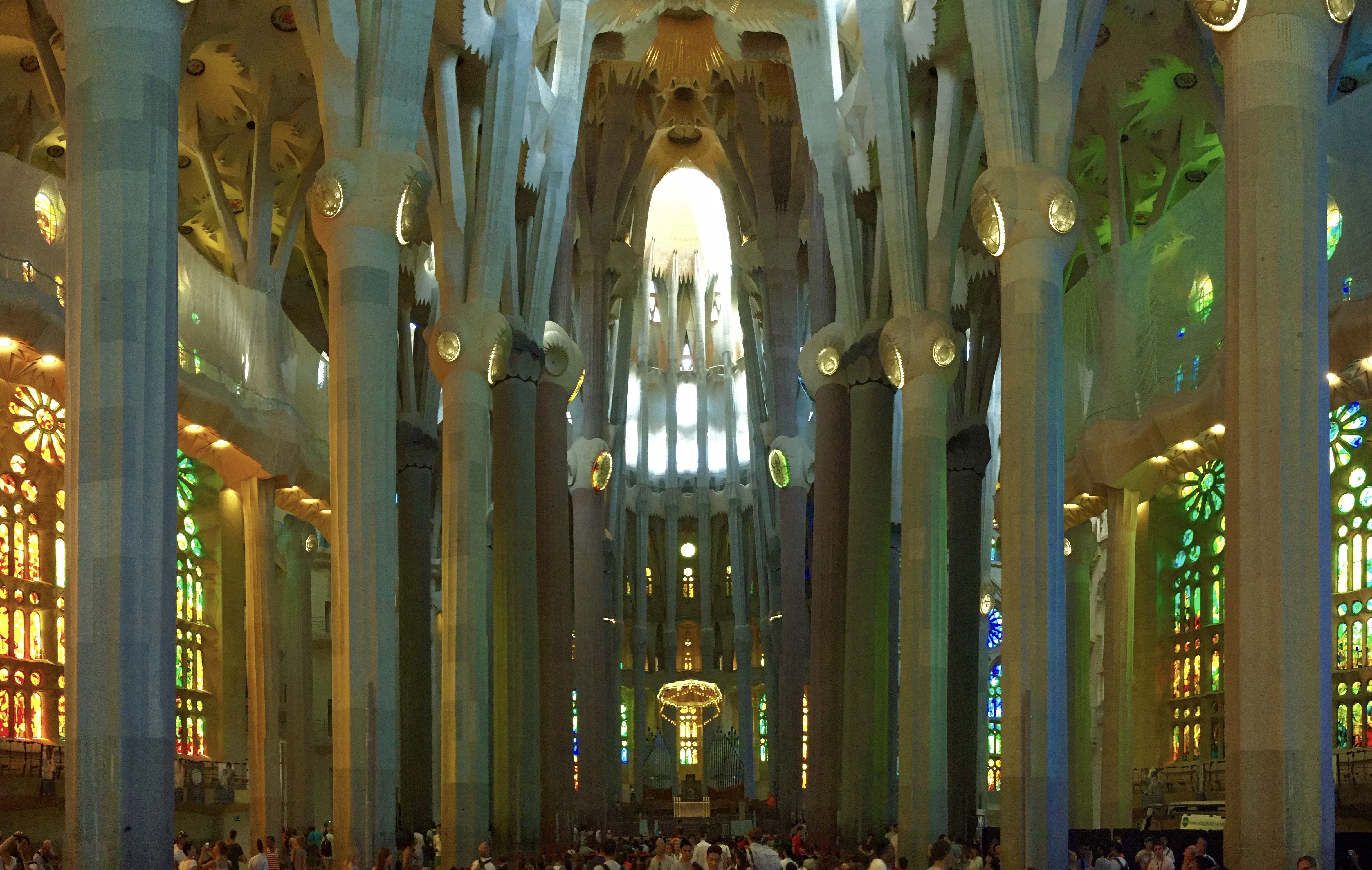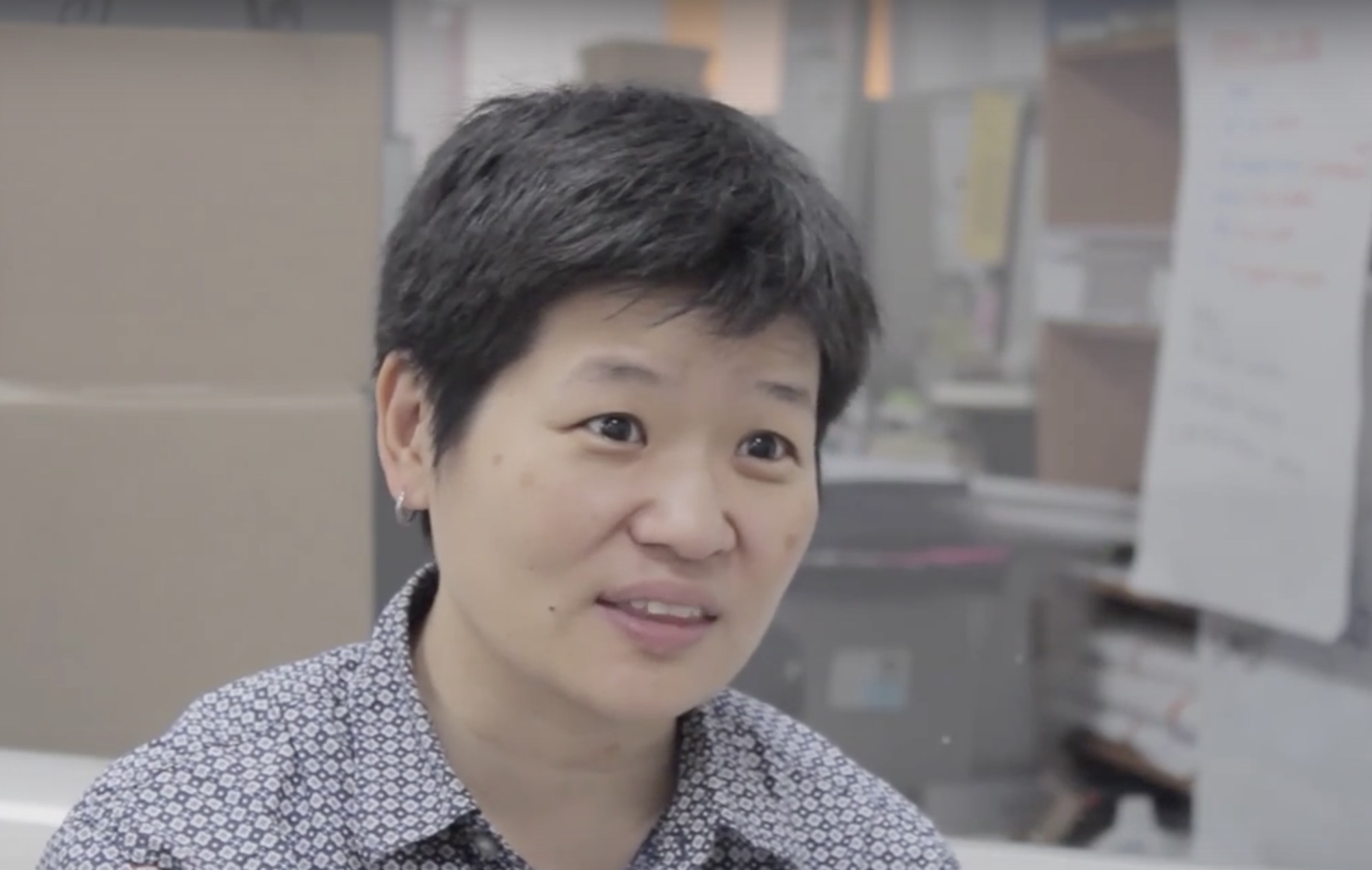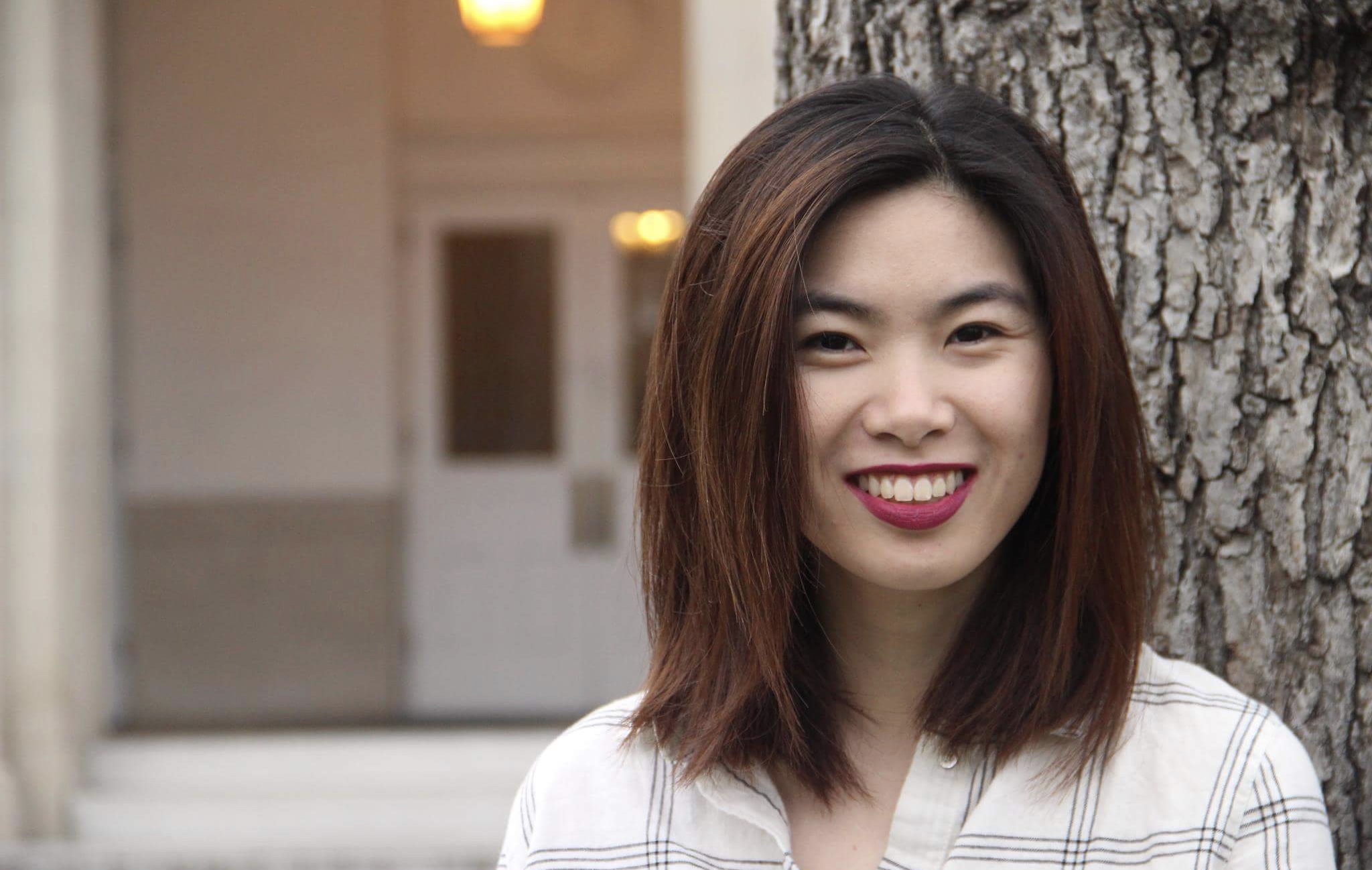
Taylin Im
I grew up in the Seventh-day Adventist church, one of the smaller and more obscure fundamentalist denominations of Protestant Christianity. My background in religion involves growing up in Guam where my parents served as medical missionaries until I was six, going through an Adventist school system from Kindergarten until 8th grade, going to week-long missionary training camps throughout middle school, and on to mission trips overseas throughout high school and college. I had no awareness of queer people growing up in this church. In fact, this memory of playing a game called “Smear the Queer” with my church friends growing up stuck in my mind. I didn’t know what “queer” meant, but I remember someone saying that we shouldn’t use that word, and also someone saying that “queer” just meant “weird.” I was too enthralled in the game that was essentially another version of dodgeball to care what we called it. Who knew that about a decade later, I would be using that word to describe myself?
Coming out was a strange process. Before high school, “gay people” was just a foreign and disconnected concept laced with homophobia. However, I found myself more and more interested each time I encountered conversations about LGBT people, delving deeper into the issues around gay marriage and questioning the humanity behind the theology I had accepted at the time. I remember thinking about or feeling attracted to other girls before, but I had always interpreted it as a strong desire to be someone’s friend, or more specifically, their best friend. It’s funny that I never had the same feeling for boys, although I did have “crushes” on a few. I don’t think I fully accepted any labels for myself until well beyond my own acknowledgement of these various attractions, and after my first kiss with a girl, I only knew what I was not: straight.
It wasn’t until I started dating a girl in college that I came to a point where I felt the need to come out to more people. That’s when my faith got tangled up with my personal life. In college, my faith was challenged, strengthened, and ultimately, deconstructed. I immediately got involved with Christian community as a freshman and was active enough to join the worship team. However, it didn’t take long before my core support group of Christians learned about my sexual orientation and outed me to the pastor of our fellowship. I was no longer allowed to play with the worship team, but was still welcome to attend gatherings – which I naively did for far too long to the detriment of my personal relationship with God, my friends, and myself. I wrestled for years with my faith and sexuality until I was able to reconcile the two and feel more secure and comforted by my understanding of God. I avoided all roles of leadership in the new Christian fellowship I joined out of desperation to find a new faith community, but soon found myself taking the Editor-in-Chief position of my school’s only Christian literary arts journal. I loved thinking and writing critically of my faith and exploring the details of theology, and ended up taking multiple religious studies courses my senior year. However, after expanding my vision of God year after year to fit in my beliefs about human relationships, love, sexuality, science, and the marginalized, I held a view of the world that actually fit everyone inside unlike the God and religions I was taught.
Coming out to my friends wasn’t the hard part. But then again, I wouldn’t necessarily describe what happened with my parents as “coming out.” After my first year in college, my parents, having found my journal, confronted me about my sexuality and my relationship with my then-girlfriend. The emotional toil, paranoia, identity crisis, and heartbreak that took place for the next three years were probably the most difficult experiences in my life. I fought my way to go back to college semester after semester against my parents’ wishes, I ran away from home, and lived an incredibly demanding double-life trying to keep my relationship at school from my family while also struggling to fix the relationship that I had damaged in the process of trying to figure out who I was in relation to my sexuality, faith, and family.
Now that I’ve finally graduated and moved on from college, past relationships, and the faith of my childhood, I feel more free to be who I am without worrying about what anyone else thinks about it. I’m no longer ashamed or guilty for who I am attracted to and who I choose to invest my time in. I am more confident than ever before in what I believe, who I am, and how I want to spend my love. And although I haven’t come to a point of agreement or acceptance with my parents, I know that they will always love me, and that is something I am not only fortunate enough to have, but a place for me to rest my hope for a better future. Regardless of whether they ever come to accept and affirm me for who I am, I know that I have family and friends who do support me and love me as I am. And that is how everyone deserves to be loved – by others, but especially by ourselves.
Categories: LGBTQ

